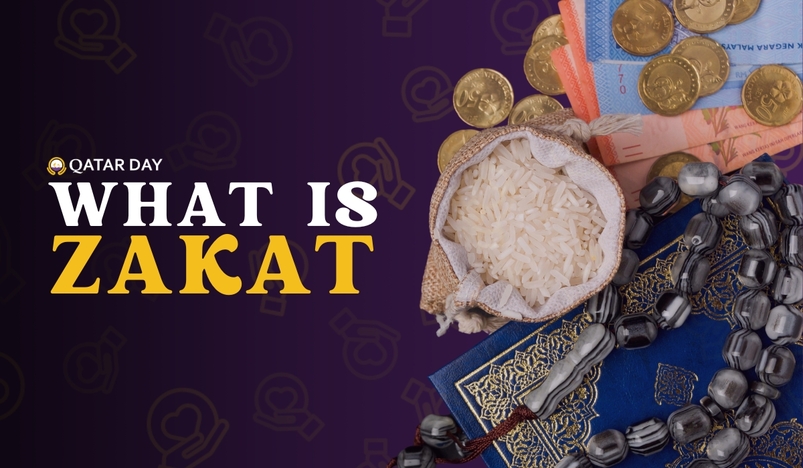
Zakat, one of the Five Pillars of Islam, is a form of charitable giving with deep spiritual significance. It plays a crucial role in promoting social justice and assisting those in need. Let's look into the various aspects of Zakat.
Zakat, derived from the Arabic root word meaning "to cleanse" or "to purify," is an obligatory form of almsgiving for Muslims. It is seen as a purification of wealth and a means to help those facing financial struggles.
Zakat al-Mal (Wealth or Possession)
This is the most common form of Zakat and involves giving a portion of one's wealth or possessions to those in need. It typically includes cash, gold, silver, business inventory, and other assets.
Zakat al-Fitr (Charity of Breaking the Fast)
Paid before the Eid al-Fitr prayer, Zakat al-Fitr is intended to purify those who fast from any indecent act or speech and to help the poor and needy.
Zakat is mandatory for Muslims who meet specific criteria. Generally, individuals who possess wealth above a certain threshold (Nisab) for an entire lunar year are obligated to pay Zakat.
Wealth Threshold (Nisab)
You need to possess a certain amount of wealth, known as Nisab, which is the minimum value required for Zakat.
Ownership Duration
You must have maintained this wealth for an entire lunar year (Hawl). If your wealth goes below the Nisab during the year, the counting restarts when it reaches the Nisab again.
Nisab is the minimum amount that a Muslim must have before being obliged to zakat.
The Nisab was set by Prophet Muhammad (peace be upon him) at a rate equivalent to: 87.48 grams of gold or 612.36 grams of silver. As gold & silver are no longer used as currencies, you need to find out the equivalent monetary exchange value of the rates the Prophet Muhammad (SAW) set in your local currency. You can do this by checking the market rate of gold and silver.
Zakat is distributed among specific categories of individuals, as outlined in the Quran (Surah At-Tawbah 9:60):
The Poor (Al-Fuqara)
Those who lack the means to meet their basic needs.
The Needy (Al-Masakeen)
Individuals facing financial hardships but, may not be in extreme poverty.
Zakat Administrators (Al-‘Amilin ‘Alaiha)
Individuals employed to collect and distribute Zakat.
Those Whose Hearts Need Reconciliation (Mu'allafat al-Qulub)
Individuals new to Islam or those whose hearts need support to strengthen their faith.
Freeing Slaves (Fir-Riqab)
Zakat can be used to free slaves or support efforts against modern-day forms of slavery.
Debtors (Al-Gharimin)
Individuals burdened by debt with the inability to repay.
Stranded Travelers (Ibnu Sabil)
Travelers who need assistance.
In the Path of Allah (Fi Sabilillah)
It may include supporting charitable projects, building infrastructure, or funding initiatives that benefit the community and society as a whole.
Spiritual Purification:
Zakat purifies the wealth of the giver and helps cultivate a sense of gratitude and generosity.
Social Equality:
Zakat promotes social justice by addressing economic disparities and supporting those in need.
Community Solidarity:
It fosters a sense of community and solidarity, encouraging Muslims to care for one another.
Compassion and Empathy:
Paying Zakat instills a sense of compassion and empathy, reminding individuals of their duty to help those less fortunate.
Fulfillment of Religious Duty:
Fulfilling the obligation of Zakat is a fundamental aspect of the Islamic faith, contributing to the overall spiritual well-being of Muslims.
Zakat is a powerful mechanism that ensures the distribution of wealth among various segments of society. It serves as a reminder of the interconnectedness of the Muslim community and the responsibility to care for one another. By adhering to the principles of Zakat, Muslims actively contribute to creating a more just and compassionate society, reflecting the core values of Islam.
.jpg)
Qatar Secures Place Among the World's Top 10 Wealthiest Nations
.jpg)
Hamad International Airport Witnesses Record Increase in Passenger Traffic

Saudi Arabia: Any visa holder can now perform Umrah

What are Qatar's Labour Laws on Annual Leave?
Leave a comment